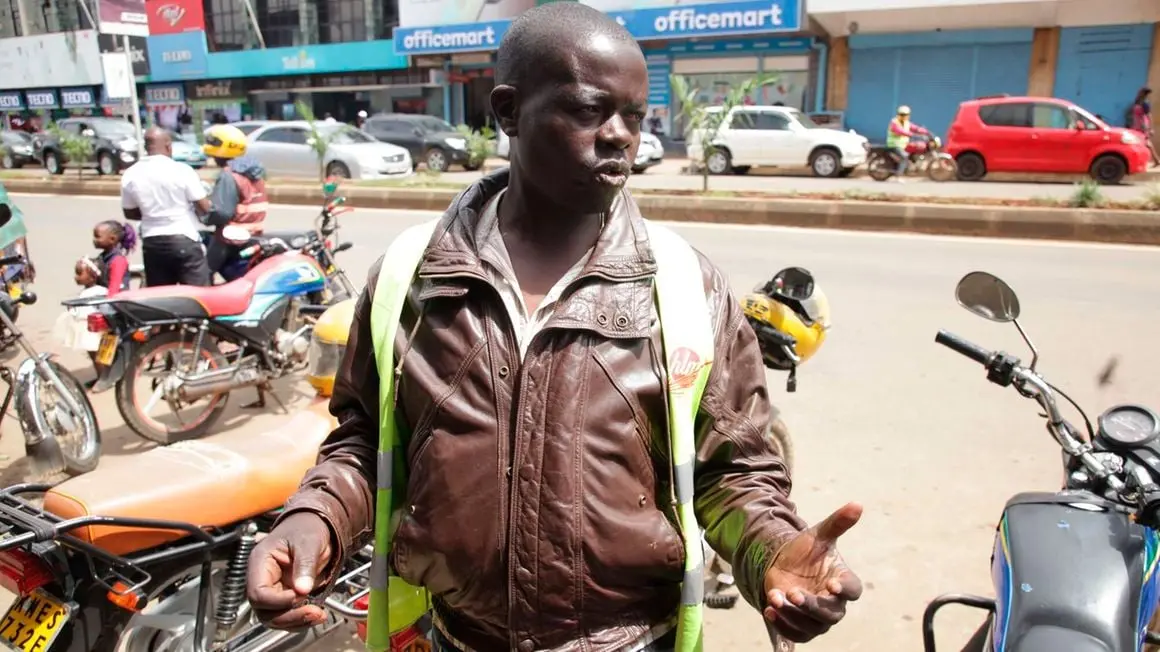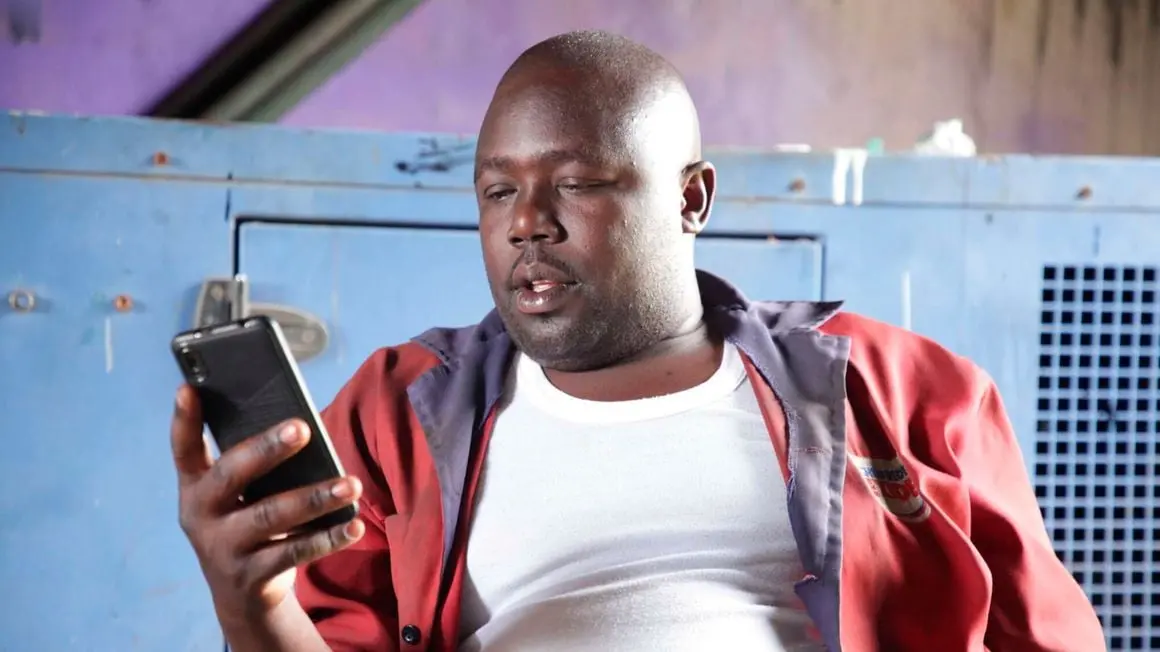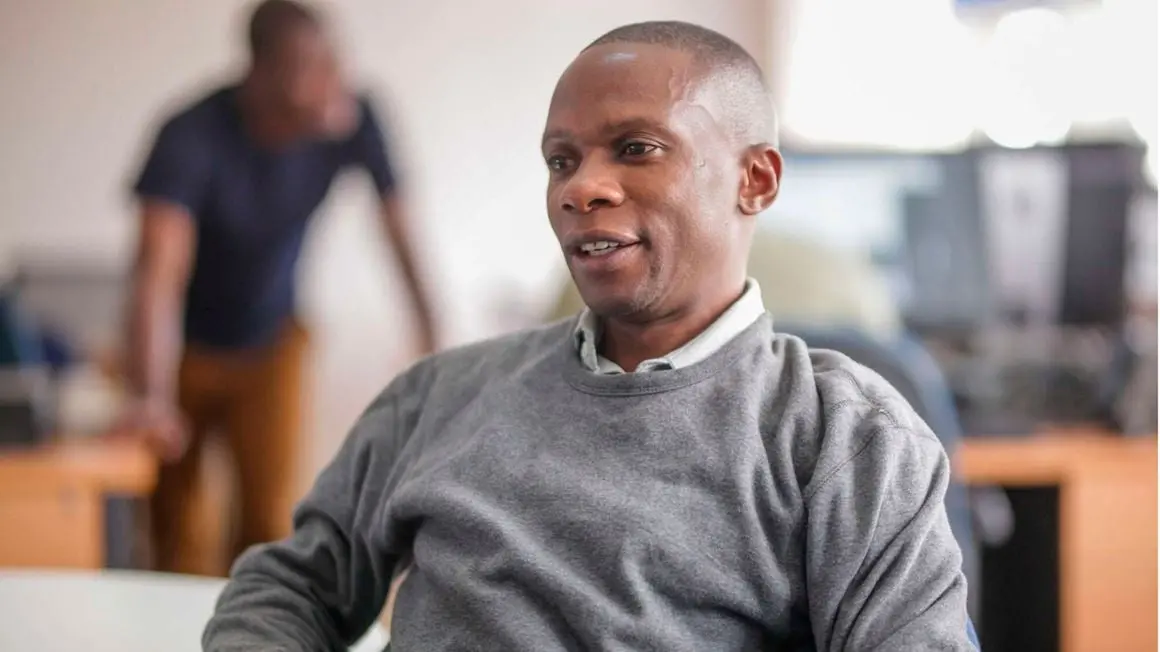
Sending mobile money should be simple, fast, and convenient. One merely needs to access the service provider’s app, enter the recipient’s detail, and your PIN, and it’s done in seconds.
But in most parts of western Kenya, it now takes patience and lots of inconvenience to remit funds to target recipients. Here it is no longer plausible to send cash into individuals’ mobile wallets without first confirming their debt status because you run the risk of bungling the transactions through docked funds.
Many a time you would have to be given alternative “clean mobile wallets” into which to remit the cash as a strategy to dodge instant deductions by lenders. The debt-free mobile wallets either belong to third parties or are owned by the same persons who register multiple SIM cards mainly to limit their risk of being blacked out by debt-chasing service providers.

Such inconveniences of debt-soiled mobile wallets are now very common. By the end of the first half of this year, the number of mobile wallets in Kenya had hit the 70.3 million mark against an adult population of 25 million, indicating people have more than two subscriptions amid a mobile loan default rate of over 50 percent by households, according to official figures by the Central Bank of Kenya (CBK).
Yet the swapping of mobile money wallets is not just a sign of an ingenious lot desperate to escape financial disruption. It also reflects the depth of turmoil caused by the US Silicon Valley-fanned fintech loans that are accessed fast within minutes and without strenuous demand for collateral.
Until recently, loans were revered and mostly tapped by older urban working class members of households pressed for primary reasons such as medical emergencies, school fees, or housing needs. The explosion of fintech has however revolutionised this and cast away the tradition with even many youthful members of households in rural Kenya joining the fray, often for consumerism loans.
This reflects in the overall rise in the number of digital loans in the country. For example, loans from the regulated Safaricom’s overdraft service known as Fuliza rose by 30.7 percent in the six months to June 2022, partly fueled by households seeking to cope with high inflation.
The amount of cash disbursed on Fuliza hit Sh288 billion ($2.3 billion) in the first-half period, up from Sh220.38 billion ($1.7 billion) in the same period of 2021.
This translates to about Sh1.5 billion ($13 million) daily borrowing on Fuliza alone by individuals between January and June 2022, in an economy still ravaged by the aftershocks of the Covid-19 pandemic.
The fintech loans have, however, left a trail of captivity and regret in western Kenya, where poverty remains widespread after decades of neglect by successive government regimes and the collapse of mainstay sectors such as the sugar and fishing industries.

Residents here give tales of pain, including the sale of personal assets such as livestock, to get creditors off their backs, mortgaging their wages to offset their loans, and shaming by debt collectors.
“My child had been sent away for school fees arrears in 2019 and without an option for funds, I tapped a loan facility with Branch International. They first gave me Sh2,000 against a salary of Sh7,000 and with a high monthly interest rate of 14 percent,” Zephania Khamasi, a security officer in Kisumu, said.
“With this, I was trapped in debt from quick money and I had to keep borrowing to stay afloat. My salary had been tied to debt and at the end month, I felt so hopeless. I had a salary on paper but little to take home. I borrowed from them nine times and felt deeply enslaved and captured until I opted out in 2021,” he added.
For Salome Otieno, a 58-year-old widow in Kano, Kisumu County, a Sh2,000 fintech loan took her through a nasty experience about two years ago that she will never forget anytime soon.
“I had a bad malaria attack in 2020 and without money to attend hospital. My grandson hinted to me about digital apps and I signed up for some Sh2,000 from one of the lenders. But little did I know what I had got into. First of all, I only received about Sh1,600 out of the amount I had applied for because they had deducted a service charge of Sh400. The interest charge was also quite high at about 15 percent monthly and they didn’t reveal that to me from the beginning,” she narrated.
“I serviced my loan for some time but defaulted because the Covid-19 pandemic had affected my tiny sisal rope weaving business and I skipped a month or so without paying. What followed was a nightmare of calls by debt collectors with demands that I pay up or face jail,” Mrs. Otieno said.
“One caller even told me they had traced my homestead and would come with the police if I didn’t pay up in four days. Confused and panicked I sold off one of my goats just to get these people off my back for good and I will never go back there,” she added.
One of her close friends even had a nastier experience after defaulting on a digital loan.
“The debt collectors threatened her with arrest just as they did to me and she deserted her home for about a week for fear of arrest. She put up with a relative in Awasi town and only returned after the debt collectors stopped their threats,” Mrs. Otieno said.
Paul Opoda, a boda boda (motorcycle taxi) operator in Kisumu, shares in regrets about taking fintech loans after he was debt-shamed by debt collection agents who informed his relatives about the loan using contact information scraped from his phone.
“Sometime in 2021, I was on my way back to Kisumu from Koru Girls High School, which is about 100 kilometres from Kisumu. I had made a delivery there but unfortunately damaged a tyre on a bad stretch of the road and I had no money to replace it,” he says as he rests on the saddle of his boda boda on Kisumu city’s main Jaramogi Oginga Street.
“Out of desperation I logged into a digital loan app and requested for Sh2,000. The request was promptly and the amount was sent to me but less Sh400 in service fees. I was upset by that but then I was desperate and I also couldn’t reverse the transaction,” he added.
With low business due to the economic shocks of the Covid pandemic, Mr. Opoda defaulted.
“Within days of defaulting debt collectors began bombarding me with demands to pay up. At first, I took it lightly as I looked for some money to repay. I was however heartbroken when the debt collectors called my wife as well as my brother, who was hundreds of kilometres away in Kitui, and told them about my unserviced loan. I felt so bad because my privacy had been breached and opted not to repay the loan altogether,” Mr. Opoda says.
Alfred Oduor, a mechanic in Kisumu, also narrates an unpleasant experience with fintech loans.
“I took a loan of Sh2,500 from Tala around 2017. The electioneering window had at that time hit business badly because Kisumu is always a hotspot for potential violence and I was desperate for some cash to buy a few things for use at my garage,” he recounts from his tiny tin-walled garage store.
“At first it was all sweet but trouble started when I discovered the loan had so many hidden costs that made it outrageously expensive. Tala has three repayment options; a week, two weeks, and one month but they will not tell you the interest charge,” Mr. Oduor says.
His biggest bitter encounter however came after he defaulted on his loan.
“The fintech loans are dehumanising and I wouldn’t want to wish on anyone the shaming experience I had when financial hardship made me default on the loan I took from Tala. I was intimidated and embarrassed by its debt collection agents who would call me up to three times a day with unrelenting threats,” the mechanic further narrated.
Mr. Oduor says the agents also harvested contacts from his phone book and began calling his affiliates to push for repayment of the loan.
“They called my main customer who reached out to me to just pay up the loan. I found this deeply embarrassing and improper and looked for money and paid. That embarrassment made me part ways with Tala and I am not going back there,” he says.
For Dennis Ogana, a mechanic in Kisumu’s Kamas area, the digital loans have been helpful, although lack of financial education and sensitisation is causing nightmares for many borrowers.
“The loans have positive sides as long as you tap them responsibly. I have used them for business and I appreciate them. I think the masses need to be sensitised more about credit in order to restore order,” he said.
Kevin Mutiso, chairman of the Kenya Digital Financial Services Association of Kenya, blames the chaos partly on financial illiteracy and indiscipline, noting that debt-shaming of defaulters is no longer tolerated.
“The debt-shaming has been addressed and some rogue players even kicked out. However, the bulk of debt problems experienced by some customers have all to do with consumer behaviour because once you are aware of terms and conditions then you should make appropriate decisions,” he said.
“There is a lot of borrower education that is required to avoid most of the experiences some of them go through. Digital loans serve the masses but consumer education and behaviour makes the difference in terms of experience,” he added.





